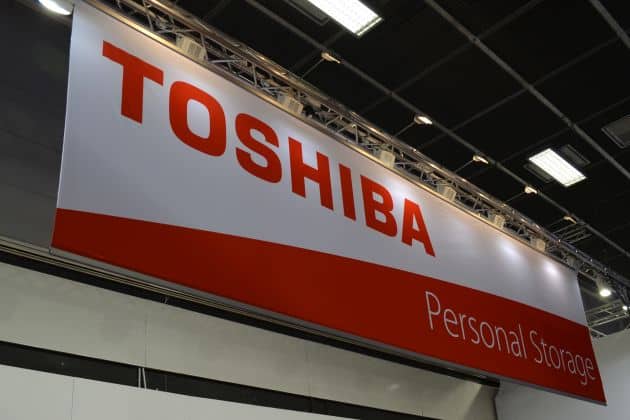Toshiba Memory Holdings Corporation (TMHC) has announced the acquisition of the SSD business of the Taiwanese company LITE-ON. LITE-ON is a company that supplies optoelectronics, storage, semiconductors and other devices.
LITE-ON started its SSD department in 2008, with the aim of designing, developing and building the kit in-house, writes The Register. In the first quarter of this year, the division ranked third in PCIe SSD sales worldwide.
This department is now going to TMHC, which is putting $165 million (€150 million) aside for this. According to the deal, Toshiba will be the owner of the brands and operations of LITE-ON SSD for that money.
Assets such as equipment, employees, intellectual property, technology, client and supplier relations and inventory are also acquired. Finally, TMHC has access to the channels of LITE-ON SSD. These include relationships with PC suppliers such as Dell.
Meeting growing demand
THMC CEO Nobuo Hayasaka said that LITE-ON’s SSD division is a natural and strategic addition to Toshiba Memory. It expands our focus in the SSD industry, according to the CEO. LITE-ON also used Toshiba’s 96-layer flash in its EP4 PCIe SSD.
This is an exciting acquisition for us, as it positions us to meet the predicted growth in demand for SSDs in PCs and data centers. According to Hayasaka, this growing demand is driven by the increased use of cloud services.
The acquisition is expected to be completed in the first half of 2020.
New form factor NVMe-SSD
Toshiba Memory America – soon to be called Kioxia America – announced another new form factor for NVMe-SSDs last month. The form factor, XFMEXPRESS, has the size of a microSD card. However, the device does not work as a microSD, but as an SSD. It is therefore not easy to replace or upgrade the card from a device.
Toshiba states that the first generation offers a theoretical bandwidth of up to 4 Gbps. This limit will be increased to 8 Gbps in the next generation.
